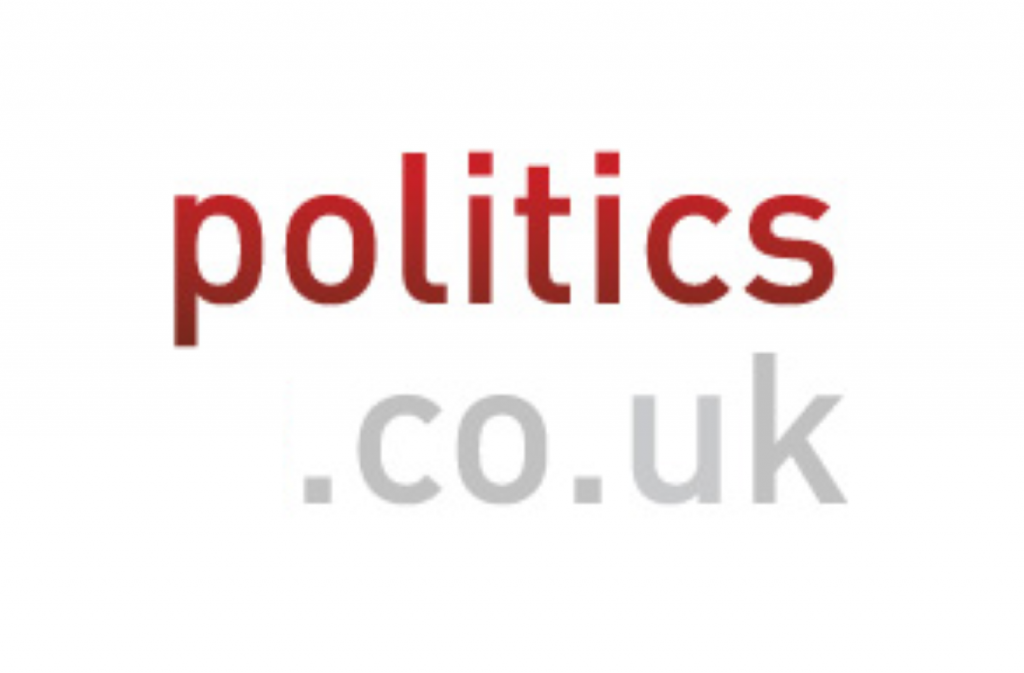Evidence lacking for link between more investment and better GCSEs
Improvements in GCSE results have failed to keep pace with record investment in schools, a key committee of MPs has found.
The Education and Skills Select Committee concluded there was a paucity of evidence coupling extra funding with better results.
The view was at odds with Ruth Kelly, the recently appointed Education Minister, who in her inaugural speech at the north of England education conference, said achievements in education had been “underpinned” by sustained, record investment.
While the committee found no evidence that GCSE results had improved discernibly more under the Blair administration than under the Conservatives, it did note that public spending on secondary schools had risen ten times faster under Labour than under John Major’s regime.


Although public expenditure grew by a nearly a third (31.6 per cent) in real terms between 1999-2003, pupils passing five GCSEs at grade C or better rose by only five per cent.
Between 1995 and 1999, as public expenditure increased by 3.4 per cent students getting five Cs or above rose by 4.4 per cent.
The committee said the Government needed to take “great care” in making claims about the “effectiveness” of increased investment in education.
“Links between expenditure and outcome remain difficult to establish.”
Barry Sheerman, Labour MP and chairman of the committee, called on Ms Kelly to use a more “ruthless” logic when making claims about the link between expenditure and efficiency.
The committee also found an absence of rationale for some of the policy changes at the Department of Education and Skills.
It criticised the DfES for failing to supply evidence for key policy changes.
Conservative education spokesman, Tim Collins, jumped on the charge, warning that without root and branch reforms extra funds in education would just go to waste.
Paul Holmes MP, a Liberal Democrat MP on the committee, said the report revealed the “hollow sham” that the Government was “an evidence-based policy maker”.












